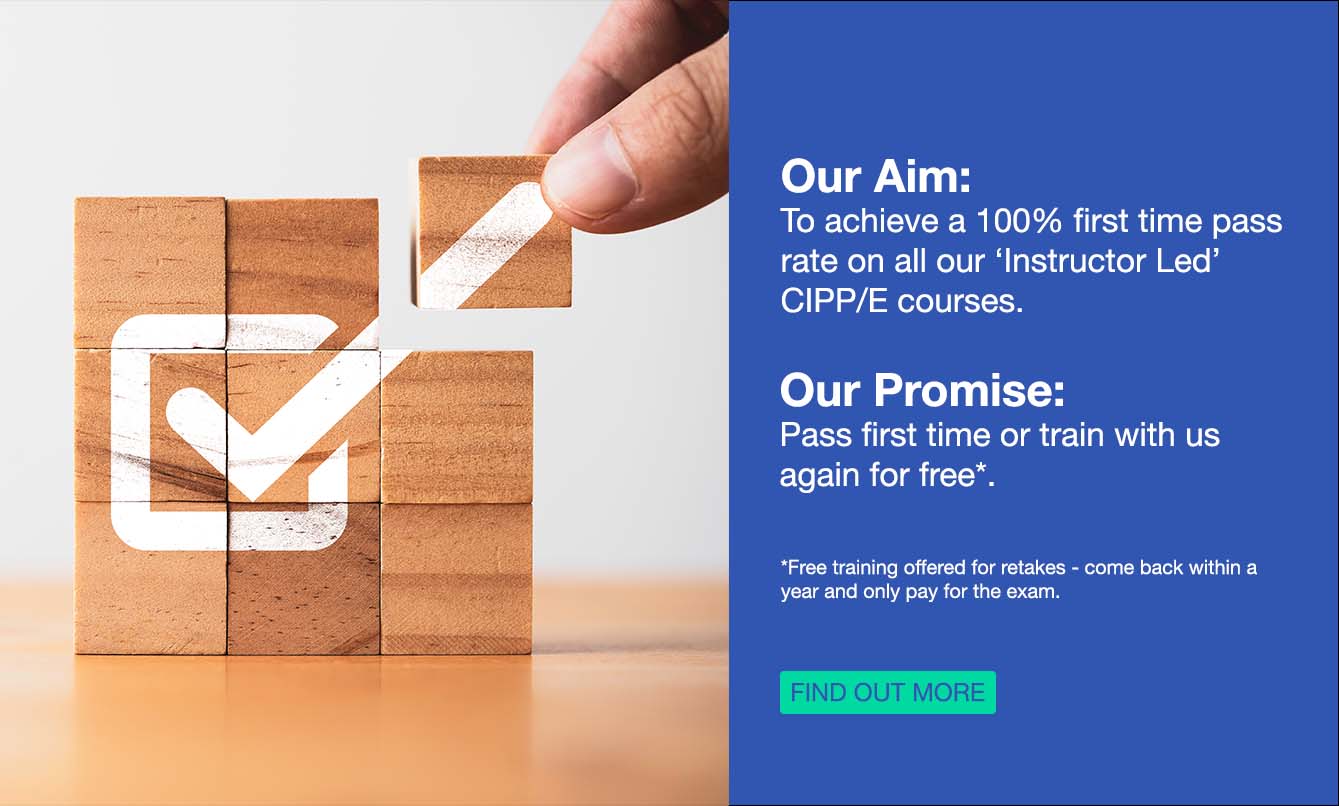Get a further 5% OFF ALL Instructor-Led Training - Use promocode Privacy05 at checkout: CIPP/E | CIPM | CIPT
We live in a connected world where our personal data is liable to be accessed by others. We face risks like ransomware, phishing attacks, and viruses that can make us vulnerable to data theft. In such a scenario, data protection becomes very important. It is vital that we take measures to protect our data from being illegally accessed by others.
The following are some data protection tips that can help you keep your data secure:
- Avoid clicking on unknown links. Sometimes, the email ID or address may look familiar but could be fake. Check the link carefully before clicking on it to prevent becoming a victim of phishing.
- Use different passwords for each of your accounts. Don’t repeat the same password. Don’t use names, birth dates, registration numbers, etc. Use a combination of random characters and numbers to create your password. You can use password manager software to save your passwords.
- Don’t give unnecessary access to your mobile phone to others. Apps will ask you for unrestricted access. Be careful before granting access. Once you give access, the app can access files on your mobile.
- Think before you share. Avoid sharing any personal information on social media. This can expose you to risks online.
- Make sure you have anti-virus and anti-spyware software installed. Preferably get a multi-device license so you can protect your laptop, mobile, and any other device that you have.
- Take backups of your data regularly so that you are prepared to handle any situation involving loss of data.
- Avoid using a common USB drive for your office and personal work. Try to avoid external connections to your laptop as they can be risky.
- Ensure your operating system and all the software you use are updated with the latest versions. This helps you be protected against risks.
- Use data encryption for the best protection of your data. There are many tools online you can use to encrypt all your data and even your emails. This ensures hackers cannot gain access to your data.
- Ensure you protect your wireless network with a strong password.
- Get a firewall for your system/network to block any malware from entering your system.
- Get yourself trained on data protection. Data protection training can help you be more aware of the risks you face and can help you protect yourself better.





